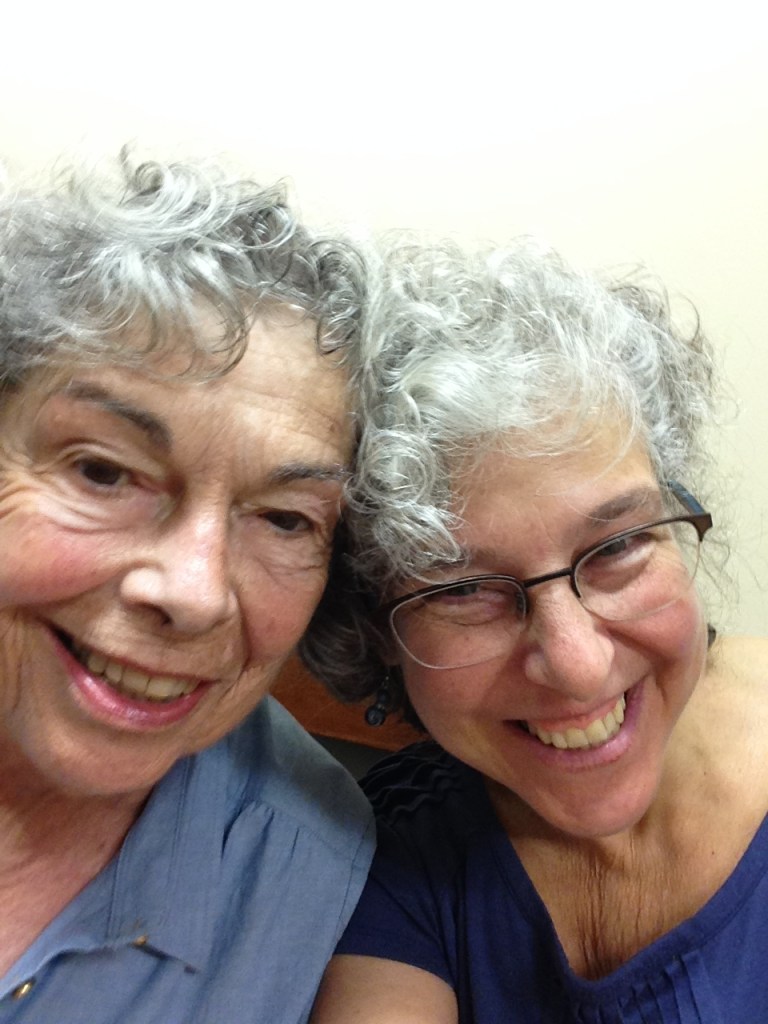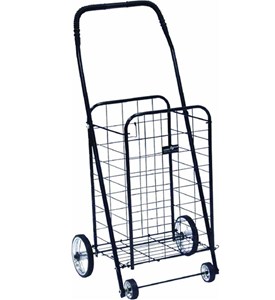There were a lot of people at the No Kings rally on the Lexington Battle Green on October 18. The organizers had signed up enough speakers to carry us through two hours, starting with the youngest member of Lexington’s town meeting and ending with environmentalist and founder of Third Act, Bill McKibben. We were all there in community, like-minded people hoping, by our presence, to help restore democracy.
After a few speakers the sun pushed out the clouds and I shrugged off my bright-red fall jacket and tied it around my waist. Then Amahl Bishara came to the stage; a Palestinian American, a Lexington resident, and an Associate Professor at Tufts in the Anthropology department. She wore a keffiyeh and talked about being raised by her Palestinian father. Though she largely hewed to the messages of the No Kings rally, she took the opportunity to accuse Israel of genocide. Her keffiyeh made me nervous, but even my snake brain recognized that was a “me” problem. However, I find accusing Israel of genocide reductive and yes, borderline antisemitic. It’s okay if you don’t agree with me. I’m not going to stop to justify myself. There’s plenty you can read about why one might feel that way. But there’s one other thing: I felt scared.
I reminded myself that she was entitled to her opinion, but I couldn’t even look at her. I stared at the ground while she talked and tried to control my outsized emotions while wondering if everyone around me agreed with her—and could tell I was Jewish. When the next speaker took the stage, I was able to once again feel like an anonymous member of the crowd.
While others spoke, the sun got stronger. I had a long-sleeved, button-down shirt on over a t-shirt and I decided it was time to get rid of that, too. I was struggling to unknot my jacket when I felt hands at my back tugging with me. It was an older man with a gray beard and a visible hearing aid cord. I smiled and said, “Thanks, I’ve got it.”
Not long after, I heard a woman say, “Dad? You okay?” Curious, I peeked behind me. The voice belonged to Amahl Bishara and the dad was my erstwhile helper. My insides churned at the sight of her keffiyeh, but not of her dad. He was simply a nice man that I had shared a moment with. My fear merely bumped into my gratitude.
That same night, I went to the Wilbur theatre to see a comedian I love named Alex Edelman. He was raised as an Orthodox Jew, which he unabashedly mines for laughs. (Check out this ad for his HBO special.) While I expect he’d appeal to all kinds of people, the way Sarah Silverman does, there’s no denying that he’s a member of the tribe.
Laughing the entire time, I realized that this audience was my real community. Some of them probably wouldn’t agree with my views on Israel, and that’s okay, because I feel safe with them. And that’s what I’m clumsily trying to articulate. When a non-Jew, particularly a keffiyeh-wearing anti-Zionist, says Israel is committing genocide, I recoil in fear. When a Jew says the same thing, I try to remind myself how it has always worked: two Jews, three opinions. And that makes me feel a little better.







